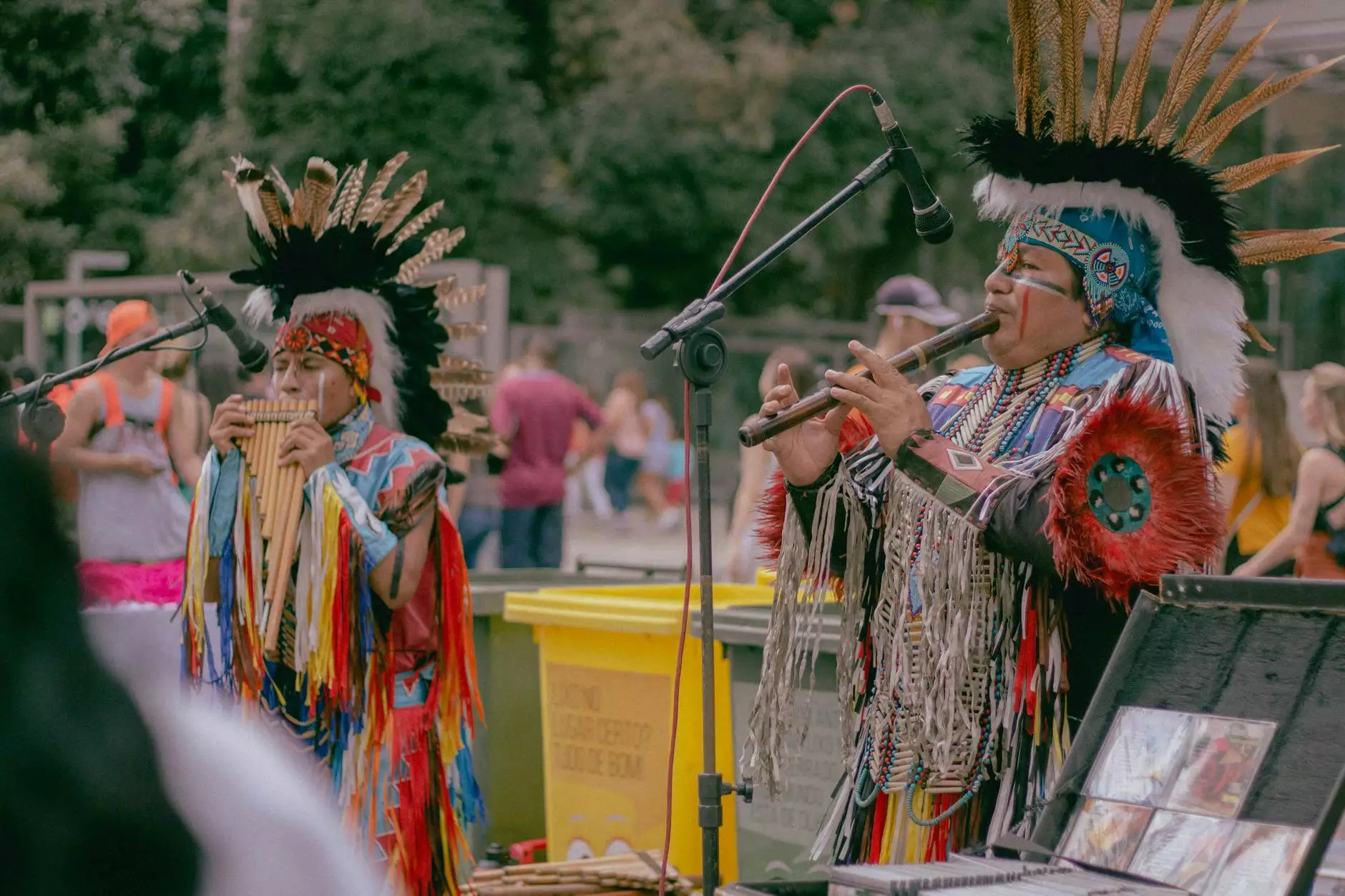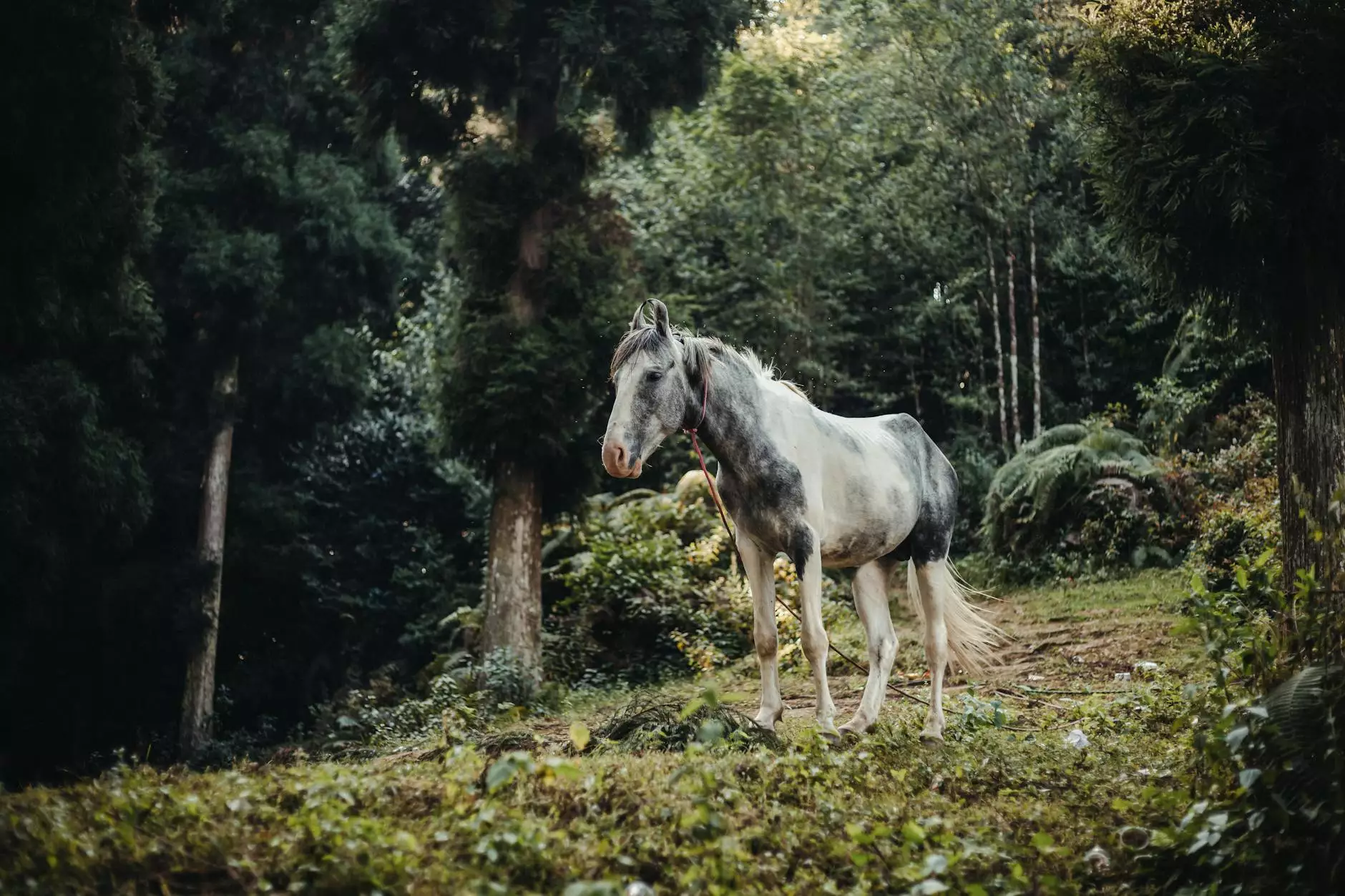Colorado, Running Out of Options for a Source of Wolves Turns to Native American Tribes
News
As the debate intensifies over the reintroduction of wolves in Colorado, the state finds itself facing limited options. With traditional avenues exhausted, Colorado has turned to Native American tribes as a potential solution. This decision marks a significant shift in wildlife management practices, as tribal involvement in conservation efforts takes center stage.
The Complexity of the Issue
Wolves, once abundant in Colorado, were eradicated from the state by the early 1940s due to deliberate extermination campaigns. However, in recent years, there has been a growing push to reintroduce these apex predators to restore ecological balance and enhance biodiversity.
While many conservationists and wildlife enthusiasts support the reintroduction of wolves, it remains a contentious issue among ranchers, farmers, and certain sections of the public. Concerns about potential impacts on livestock and hunting opportunities have fueled opposition and created roadblocks in the pursuit of an effective solution.
Native American Tribes: A New Perspective
In light of the challenges faced by Colorado, collaborations with Native American tribes have emerged as a promising alternative. Historically, tribes have maintained a deep connection with the natural world and have extensive knowledge and understanding of ecological systems.
Through meaningful partnerships with tribes, Colorado aims to utilize their wisdom, traditional practices, and cultural values to guide the reintroduction of wolves. By engaging tribal communities, the state hopes to navigate the complexities of wildlife management while honoring indigenous voices and promoting tribal sovereignty.
Benefits of Tribal Involvement
Native American tribes bring a wealth of experience in sustainable resource management and conservation practices. By including tribal perspectives, Colorado stands to benefit in several ways:
- Ecological Knowledge: Tribes have a deep understanding of the interconnectedness of ecosystems. Drawing on this knowledge can provide valuable insights into how wolves can contribute to restoring balance and promoting biodiversity.
- Sustainable Practices: Traditional tribal practices often align with principles of sustainability and stewardship. Such practices can offer innovative solutions for mitigating concerns raised by opponents of wolf reintroduction.
- Economic Opportunities: Collaborative projects with tribes can lead to economic benefits for both tribal communities and the state. Ecotourism centered around wolf conservation, for example, can create jobs and generate revenue.
- Cultural Revitalization: Recognizing the important role of wolves in tribal cultures, their reintroduction can contribute to the revitalization of cultural practices and strengthen the bond between communities and their ancestral heritage.
Meaningful Connections Brand Consulting: Guiding Businesses Through Complex Decisions
At Meaningful Connections Brand Consulting, we understand the complexities faced by businesses in the Business and Consumer Services - Consulting & Analytical services category. Our team of experts specializes in providing strategic guidance and innovative solutions to help businesses navigate complex decisions and connect with their target audience effectively.
With our extensive experience in brand consulting, we can assist businesses in developing impactful strategies that align with their values and objectives. Through in-depth research, data analysis, and a deep understanding of market trends, we can help businesses make informed decisions that drive growth and success.
Contact Us for Exceptional Consulting Services
Whether you require assistance in navigating complex wildlife management decisions or need expert guidance in other areas of your business, Meaningful Connections Brand Consulting is here to help. Contact us today to schedule a consultation and discover how our services can empower your business to thrive in a rapidly evolving world.









